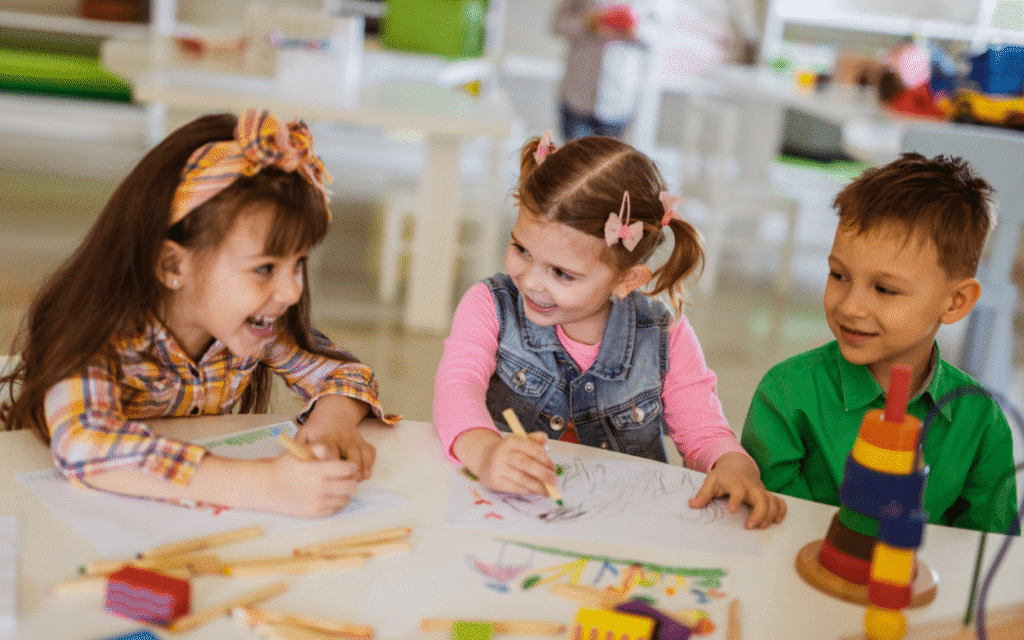
How to Develop Good Social Skills in Preschoolers
Social skills are essential for a child’s overall development and future success. For preschoolers, learning how to interact with others, share, communicate, and cooperate lays the foundation for building strong relationships later in life. Helping young children develop good social skills can be both fun and rewarding. Here are some effective ways to nurture these important abilities.
1. Encourage Playdates and Group Activities
Preschoolers learn best through play. Organize playdates or group activities where children can interact with peers. Games that require taking turns, sharing, and teamwork help kids practice important social behaviors in a natural setting.
2. Model Positive Behavior
Children are keen observers and often imitate adults. Model polite and respectful behavior like saying “please,” “thank you,” and “I’m sorry.” Show them how to resolve conflicts calmly and treat others with kindness.
3. Teach Emotional Intelligence
Help preschoolers recognize and name their emotions. Talk about feelings and how to handle them appropriately. For example, teach them how to express anger without hitting or how to show empathy when someone is sad.
4. Practice Active Listening
Teach children the importance of listening when others are speaking. Role-play conversations where they wait their turn to talk and show interest in what others are saying. This builds patience and strengthens communication skills.
5. Encourage Sharing and Cooperation
Use activities like puzzles, building blocks, or group art projects that require sharing and working together. Praise cooperative behavior and explain why it’s important to help and share with friends.
6. Set Clear Expectations and Rules
Children need clear guidelines to understand what is expected of them. Set simple, consistent rules about how to treat others. Reinforce positive behavior with encouragement and gentle corrections when needed.
7. Read Books About Friendship and Emotions
Storytime can be a great way to teach social skills. Choose books that focus on themes like friendship, kindness, problem-solving, and emotions. Discuss the stories afterward and relate them to real-life situations.
8. Be Patient and Supportive
Learning social skills takes time. Be patient and celebrate small milestones. Encourage efforts rather than focusing only on outcomes, and always provide a safe environment where mistakes are seen as learning opportunities.
Conclusion
Developing good social skills in preschoolers is a gradual process that requires guidance, practice, and lots of positive reinforcement. By creating opportunities for interaction, modeling respectful behavior, and teaching emotional awareness, you can help young children build the strong social foundations they need for a happy and successful future.
Call us @ 8700740358
www.delhinurseryschooladmission.com
